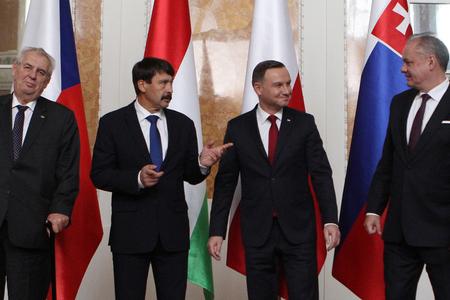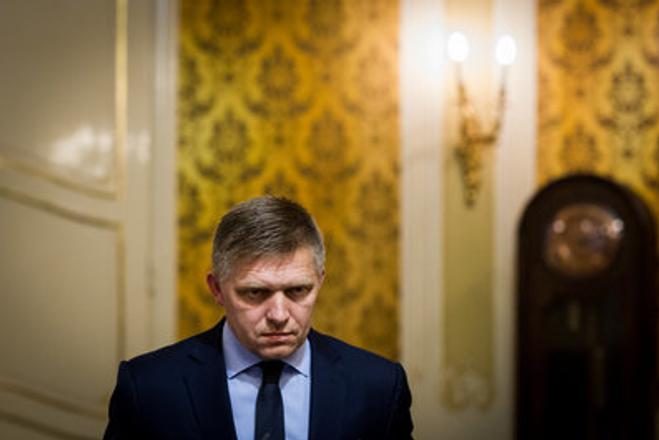When it comes to sanctions against Russia, Slovakia will not go against the joint EU attitude, even though it considers the sanctions to be pointless, said Prime Minister Robert Fico at a session of the parliamentary European affairs committee on October 18.
He was responding to a question from Peter Osuský of Freedom and Solidarity (SaS) concerning Slovakia’s attitude towards possible further sanctions against Russia for its alleged bombing of civilians in Syria.
“Slovakia is an EU-member country, and it won’t go against the united stance of the Union,” Fico said, as quoted by TASR. “I expect a passionate debate on sanctions. Several countries realise that they don’t lead to anything, however. The EU’s unity comes first for me at the moment, and our attitudes will peel off from this.”
The sanctions have not resolved anything concerning the Ukraine, the prime minister added.
Fico, according to his own words, speaks frankly to his foreign counterparts concerning sanctions, but he does not want to disintegrate the EU over the matter.
The prime minister also rejected President Andrej Kiska’s comments on the Visegrad Group (V4) and its allegedly poor image in Europe due to its stance on migrants.

“I can’t agree with the president’s opinion on the V4,” Fico said, as quoted by TASR. “If it weren’t for the V4, we’d now have mandatory [migrant] quotas in Slovakia and we wouldn’t be able to defend our positions concerning gas. I don’t understand this attitude.”
Fico also reported on the planned European Council session in Brussels scheduled for October 20-21, which is due to focus on CETA, among other things. The Slovak premier noted that all EU countries have agreed with the content of this trade agreement with Canada.
“There are three countries that have certain reservations – Belgium, Romania and Bulgaria – it largely concerns content problems vis-à-vis the agreement,” said Fico, as quoted by TASR, adding that he does not see any reason why Romania and Bulgaria should not be accepted into the Schengen area.



 PM Robert Fico (source: Sme - Jozef Jakubco)
PM Robert Fico (source: Sme - Jozef Jakubco)